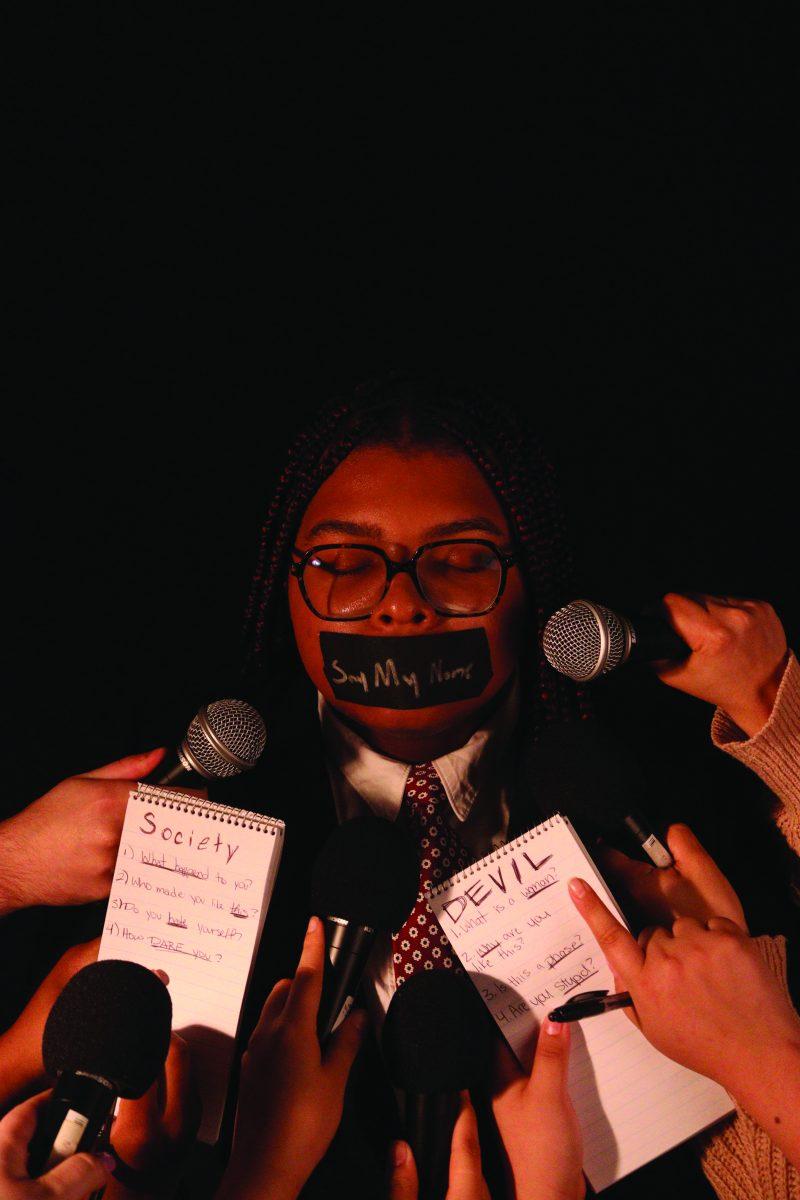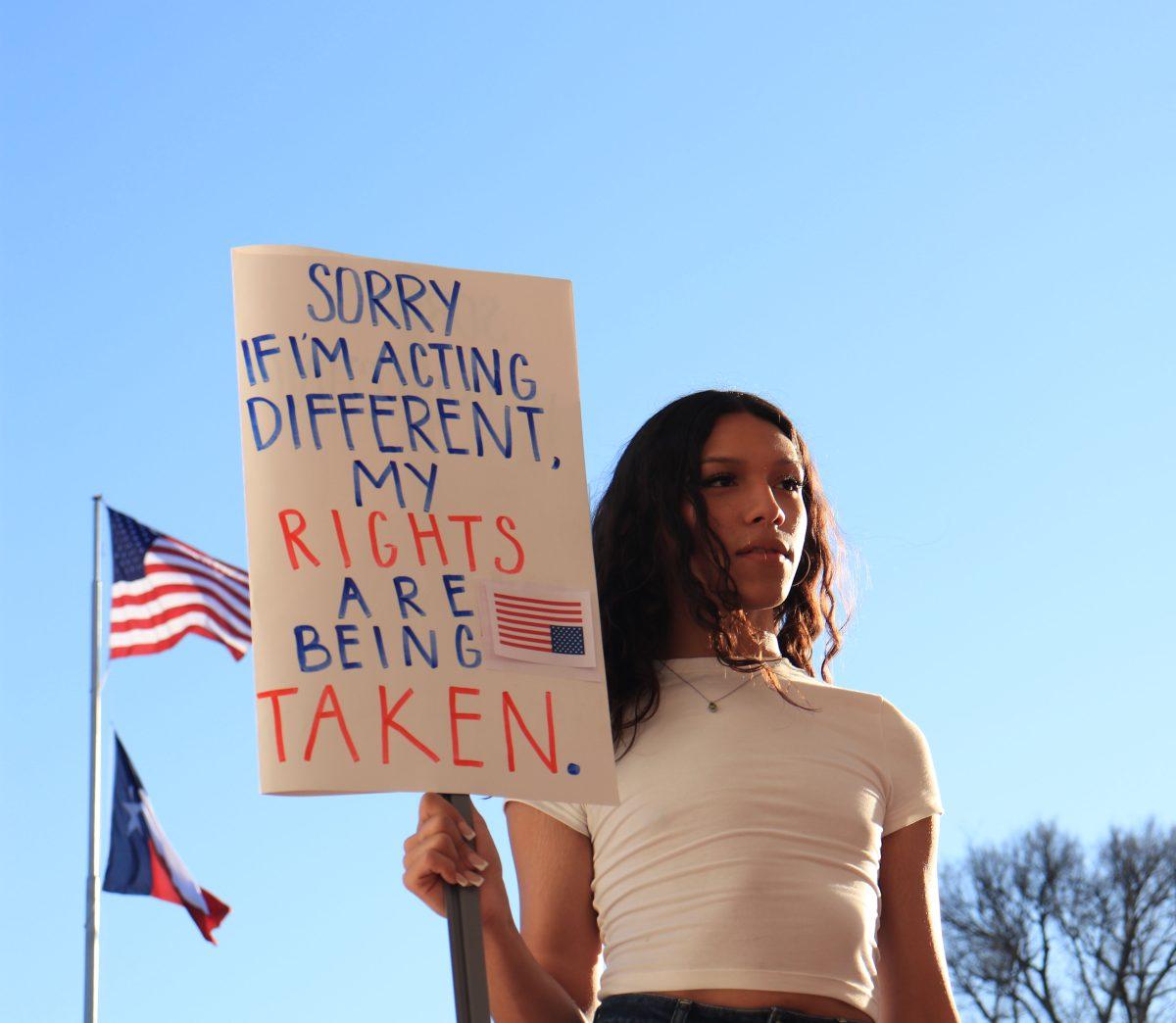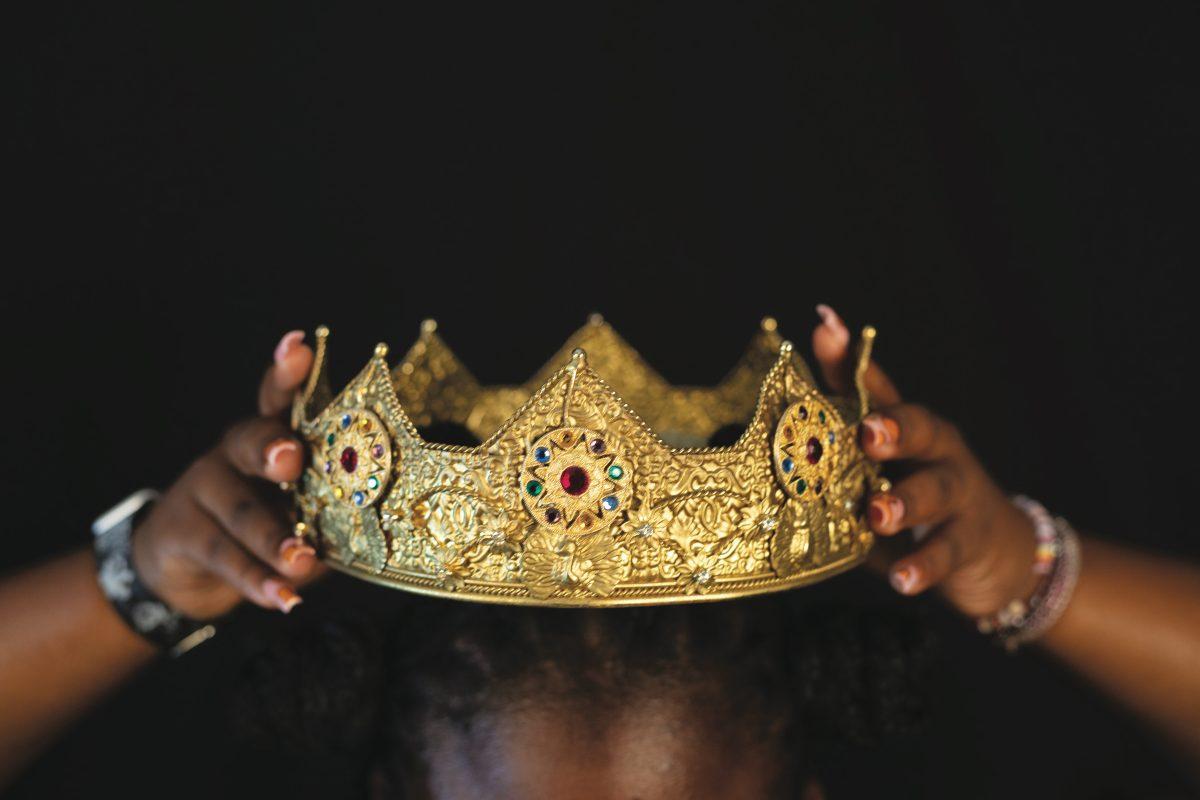New legislation prohibits race-based hair discrimination
Creating a Respectful and Open World for Natural Hair. That is the mission the CROWN Act law is setting out to accomplish nationwide.
Signed into law and put into effect in Texas on Sept. 1 by Gov. Greg Abbott, the CROWN Act is a law prohibiting race-based discriminatory practices, or denying employment and educational opportunities on the basis of hair texture, and natural or protective hairstyles like locs, braids, afros or twists.


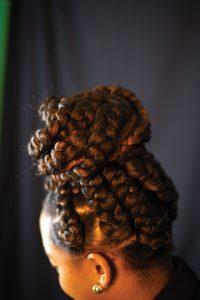
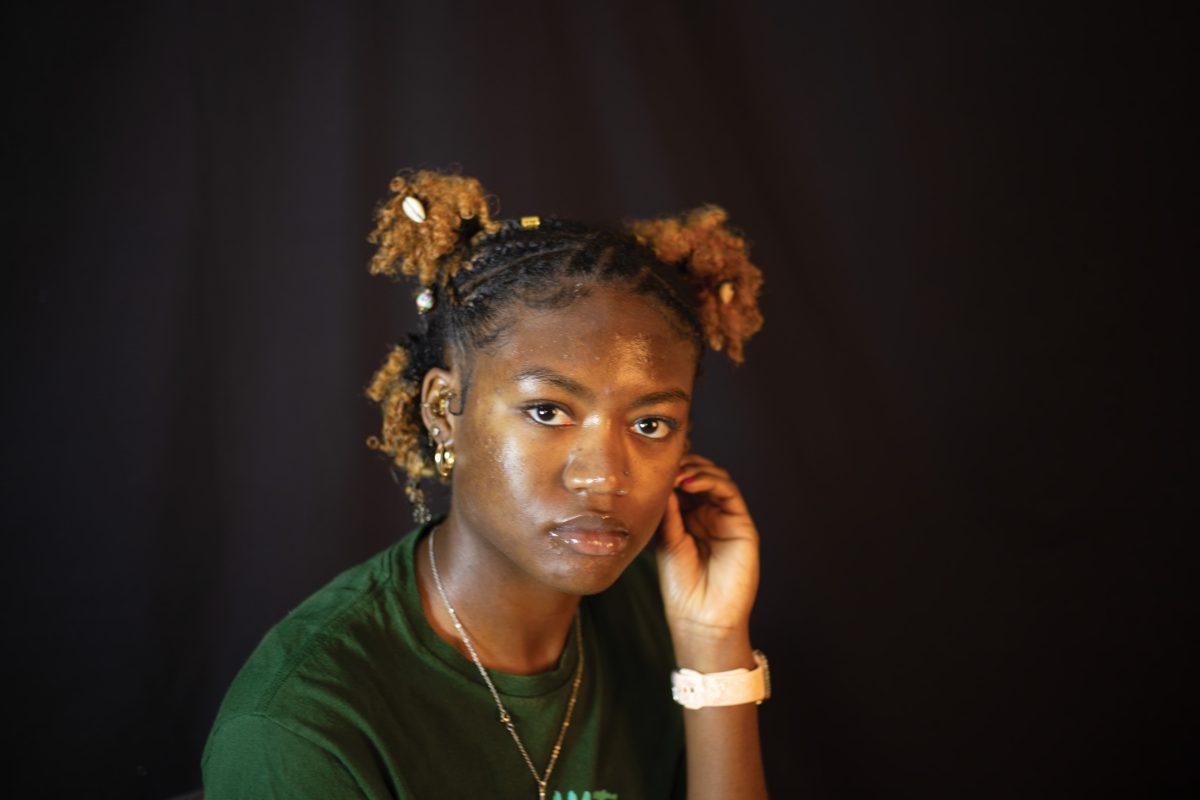
“What it means to me is that I can express my culture through my hair, and I know that I won’t be discriminated against for that,” said Emily Mass, coordinator of scholarships for TJC and Black Student Association adviser. “I don’t have to assimilate my hair, like my hairstyle, to other cultures. I can, you know, wear my natural hair and feel confident in it.”
Dove and the CROWN Coalition created the act in 2019, working with Sen. Holly J. Mitchell of California, to protect against such discrimination after conducting a study to measure how it affected Black women in the workplace. Their data showed that “Black women’s hair is 3.4x more likely to be perceived as unprofessional.” The study also showed “Black women are 30% more likely to be made aware of a formal workplace appearance policy, and 80% more likely to change their hair from its natural state to fit into an office setting.”
“For me, it can be easy to want to assimilate to the places you’re around or the groups of people you’re around,” said TJC freshman Koari Edmondson. “So choosing to be different or step outside of what you think is acceptable, you choose those things.”
Race-based hair discrimination still persists today. For example, in 2020 a Texas high school student began a battle against a school policy that deemed the length of his locs a dress code violation, for which he received in-school suspension and was told he would not be allowed to walk the graduation stage unless he changed his hair. More recently, another high school student in the same school district has faced in-school suspension for the length of his locs since August 2023, and has filed an ongoing lawsuit against the district. Similarly, TJC freshman, Chelsea Rush, recalls in elementary school receiving complaints about the height of her hairstyle.
“They said I had to sit in the back of the class, and I couldn’t pay attention in the back of that class, so I had to mostly wear my hair in lower styles so everyone could see and won’t be distracted,” Rush said.
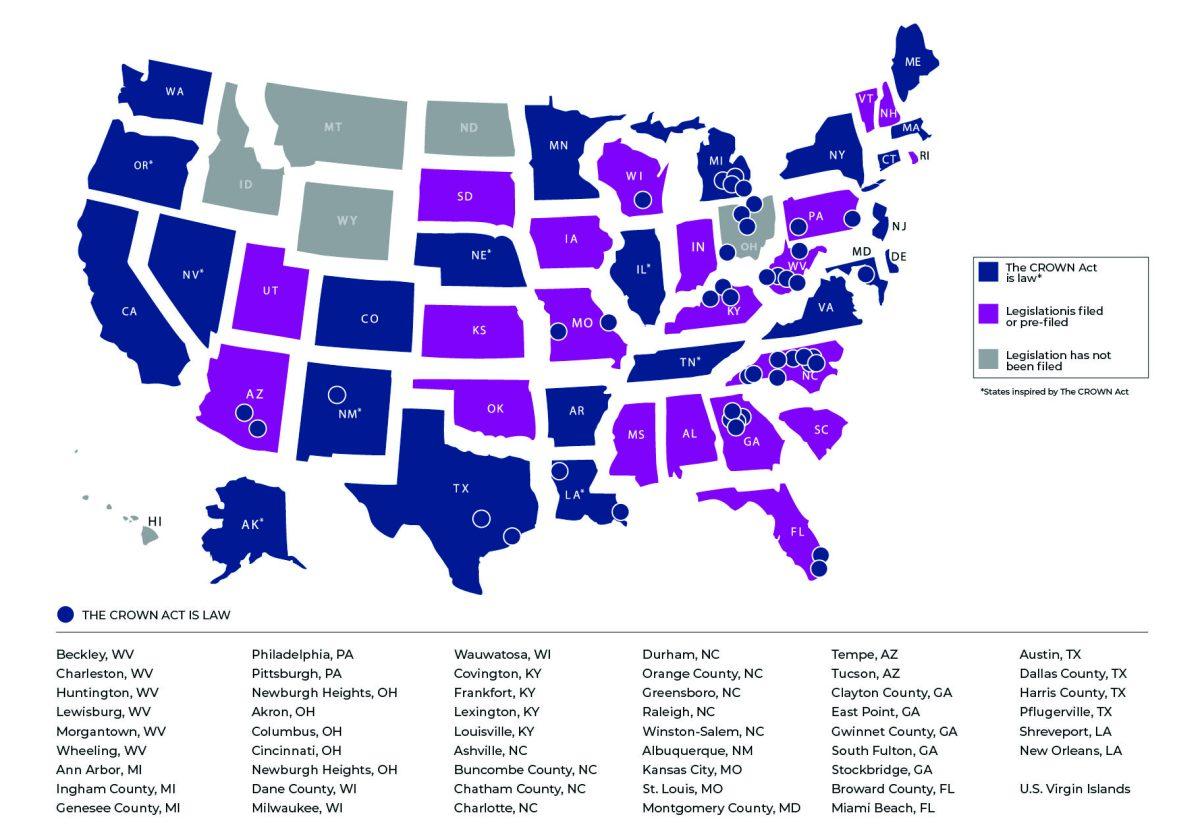
Since 2019, the CROWN Act has become law in 23 states, and gained support nationwide. The new legislation is bringing about change in both professional and educational settings.
“To me moving forward, it just means that regardless of how my hair looks, it does not stop me from being who I am or hold me back from how good I can be or my capabilities,” Camden Harston, TJC freshman, said. “My hair does not define how I act.”
For more information on the CROWN Act, visit thecrownact.com.












